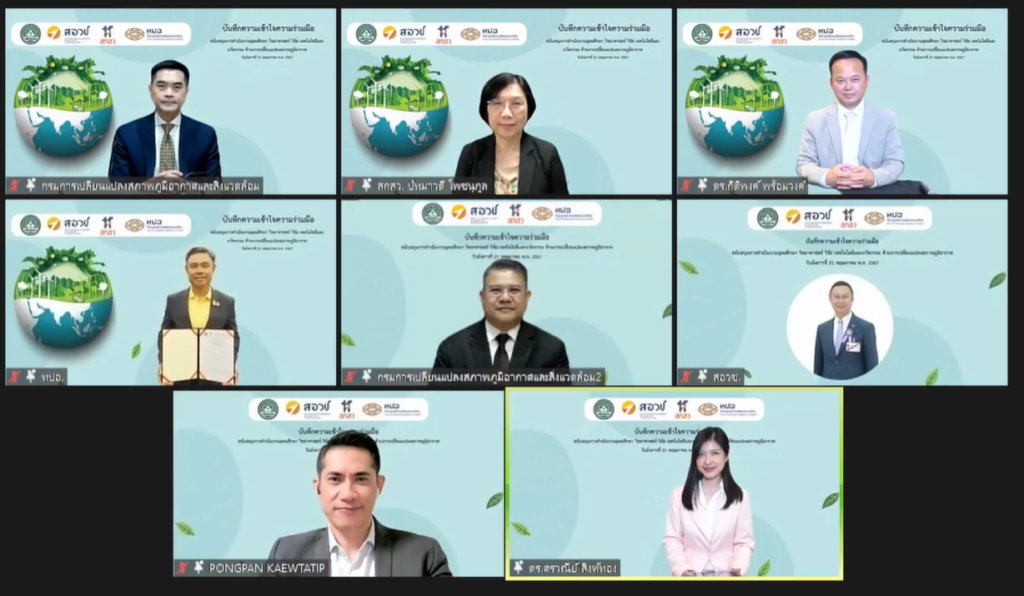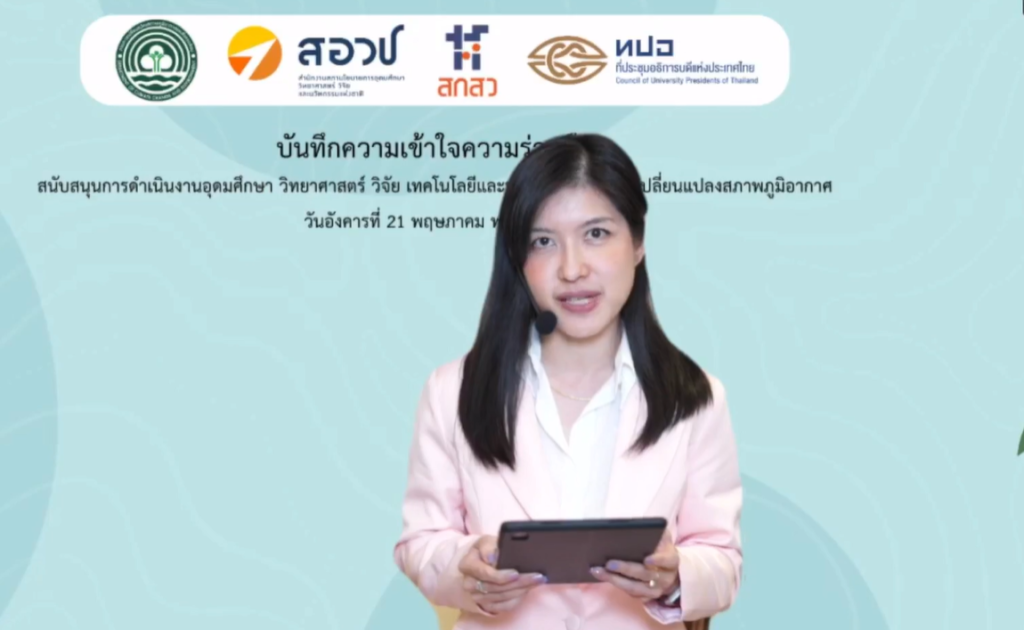A memorandum of understanding has been reached among four key organizations to drive the net zero transition in Thailand, marking a significant collaboration between the Ministry of Higher Education, Science, Research and Innovation (MHESI) and the Ministry of Natural Resources and Environment (MNRE). The four parties involved in this collaboration include the Department of Climate Change and Environment (DCCE) under MNRE, NXPO, Thailand Science Research Innovation (TSRI), and the Council of University Presidents of Thailand (CUPT), the latter three under MHESI. This partnership aims to facilitate the exchange of knowledge and technology, establish databases of researchers, research outputs and climate change data, disseminate research and knowledge to encourage public adoption, and implement the Net Zero Campus initiative. Representing NXPO at the signing ceremony were NXPO President Dr. Kitipong Promwong and NXPO Vice President Dr. Surachai Sathitkunarat.
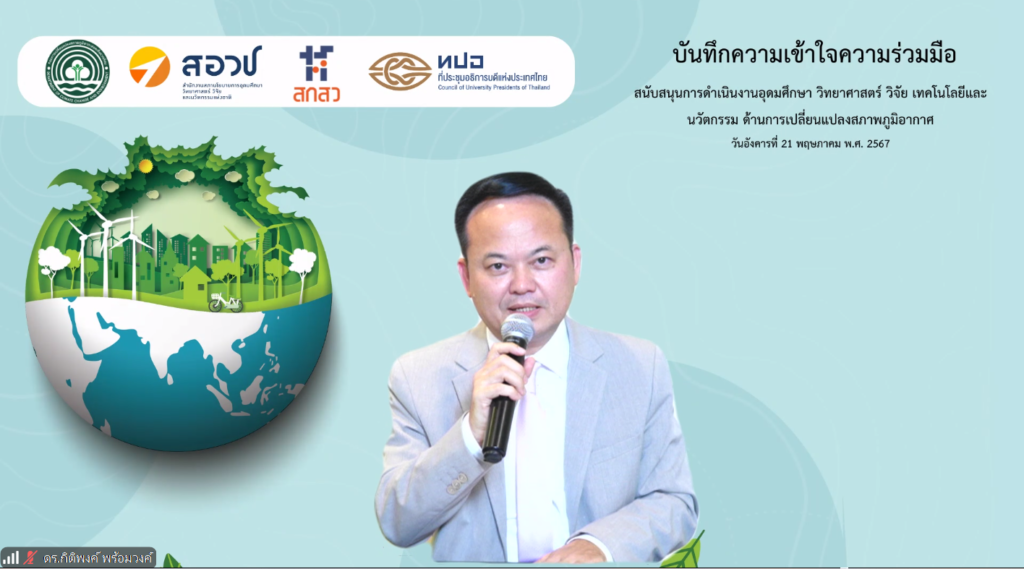
Through this endeavor, NXPO will play a key role in setting higher education and science policy and prioritizing initiatives for achieving net-zero emissions. Furthermore, as Thailand’s national designated entity (NDE) to facilitate the transfer of climate technology under the United Nations Framework Convention on Climate Change (UNFCCC), NXPO will coordinate Thailand’s net zero efforts with international partners. This collaboration marks a significant step towards the net zero emissions goal, which requires cooperation between public and private sectors. Significant progress has been made in the public sector in leveraging science, research, and innovation, as well as workforce development to support the net-zero target set by the national roadmap developed by DCCE.
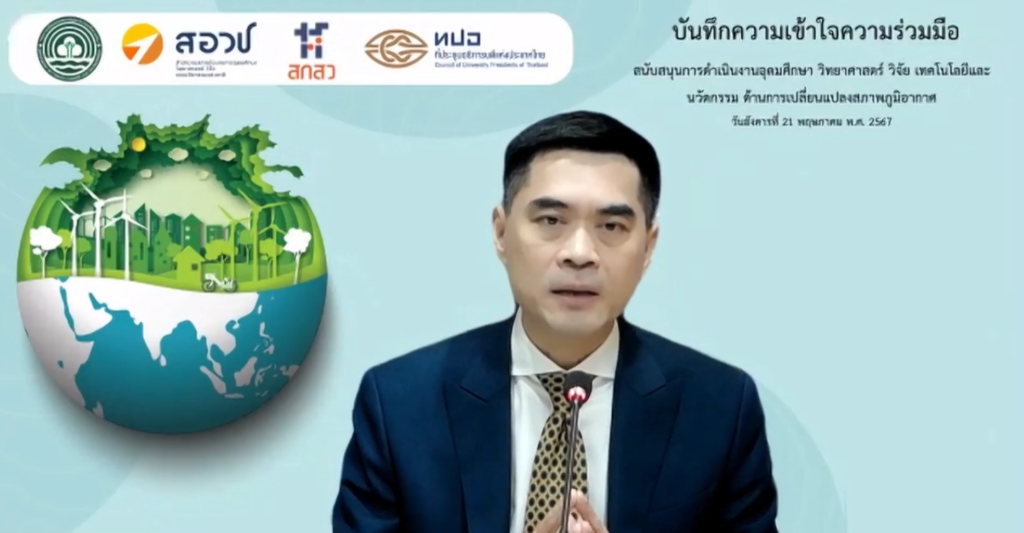
DCCE Director General Dr. Phirun Saiyasitpanich remarked that his department is responsible for formulating policies, plans, and measures addressing climate change in Thailand. This includes greenhouse gas reduction, climate change adaptation, as well as support for research, innovation and dissemination of climate technology.
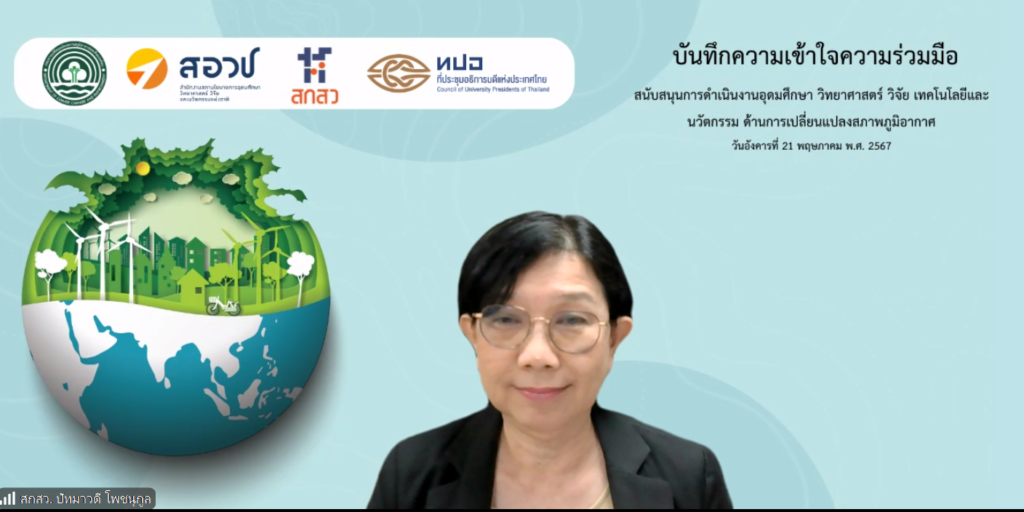
TSRI President Assoc. Prof. Dr. Patamawadee Pochanukul stated that TSRI is committed to allocating research and innovation budgets to program management units to drive climate action. The organization will also collaborate with DCCE to develop a national climate change research plan, provide science-based recommendations, and support research data to facilitate international trade and agreement negotiations.
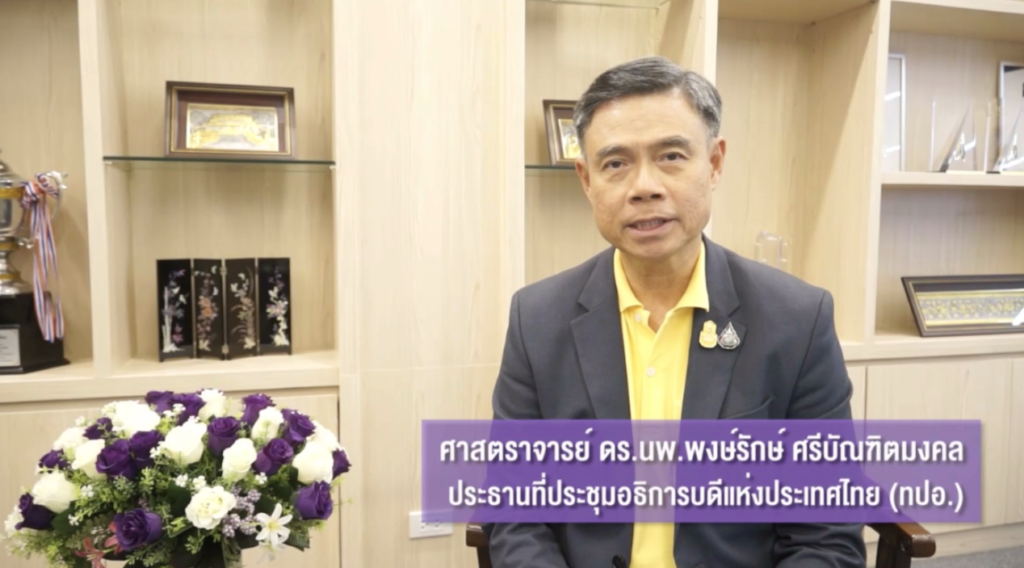
CUPT Chairman Prof. Dr. Pongruk Sribanditmongkol, M.D., said that CUPT will set policies for implementing the Net Zero Campus to achieve low carbon and climate resilient society. This involves creating platforms for knowledge exchange, conducting research, developing new knowledge and technology, transferring technology, driving community efforts, upskilling and reskilling the workforce, and training consultants and auditors for greenhouse gas validation and verification. This collaboration will maximize the potential of universities to advance Thailand’s net zero emissions.
